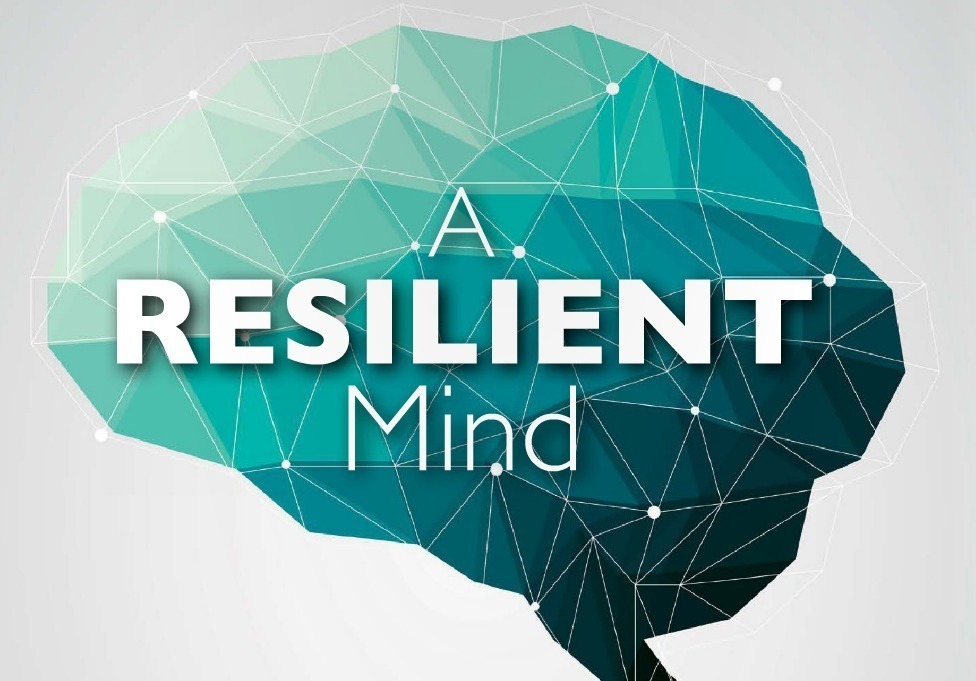Posts Tagged ‘tips’
Five techniques to self-regulate intrusive, unproductive thoughts
Have you ever woken up in the middle of the night with upsetting thoughts spinning through your head? Maybe you argued with your partner and you’re reliving the fight in agonizing detail. Perhaps you can’t stop worrying about all the things that could go wrong in an upcoming job interview. Or maybe you’re perseverating about…
Read MoreHow to read, understand and write great medical research
These excellent tips are kindly shared by RK Sharma and HL Ogle, two medical students at the University of Exeter, aiming to clear up many of the inaccurate assumptions of how difficult publishing is and provide a clear guide for students to begin their own writing journeys. #1. Find your why: Evidence-based medicine means that…
Read MoreREACH2: Six tips to help regulate stress levels in our organizations
Recently, an employee at a major Ohio company lost his mother to coronavirus. Under normal circumstances, his colleagues would have offered expressions of support and sympathy in person. They would have attended a funeral or memorial service. They would have made a meal for his family. But, since the state was under stay-at-home orders, none…
Read MoreHow to remember what you read: Eight tips to improve reading speed and cognitive ability
__ You read a lot. Now, do you remember much of what of you read? Whether it is books, blog, magazines, or professional manuals, we still need to read. Now and in years ahead. And, much of it is nonfiction material, where it’s crucial to first understand and then remember what you are reading.
Read MoreNeuroscience tips about gratitude, aging, pain and the brain: An interview with Dr. Daniel Levitin
___ About 13 years ago, I watched my very vital mother die a slow death from Lewy-Body dementia. For me, it was a wakeup call. If there were anything I could do to stay healthy myself—to avoid the slow decline of an aging brain—I wanted to do it. But what really helps us stay sharp…
Read MoreWishing you a Happy New Decade (and sharing eight brain wellness tips to make it possible)
___ Ready for a Happy New Year and Happy New Decade? Here’s a special edition of the SharpBrains monthly e‑newsletter featuring the latest on brain health and mental well-being — we hope you enjoy these tips and advice about what to do, and what not to, to promote brain wellness in 2020 and beyond: Practice…
Read More





